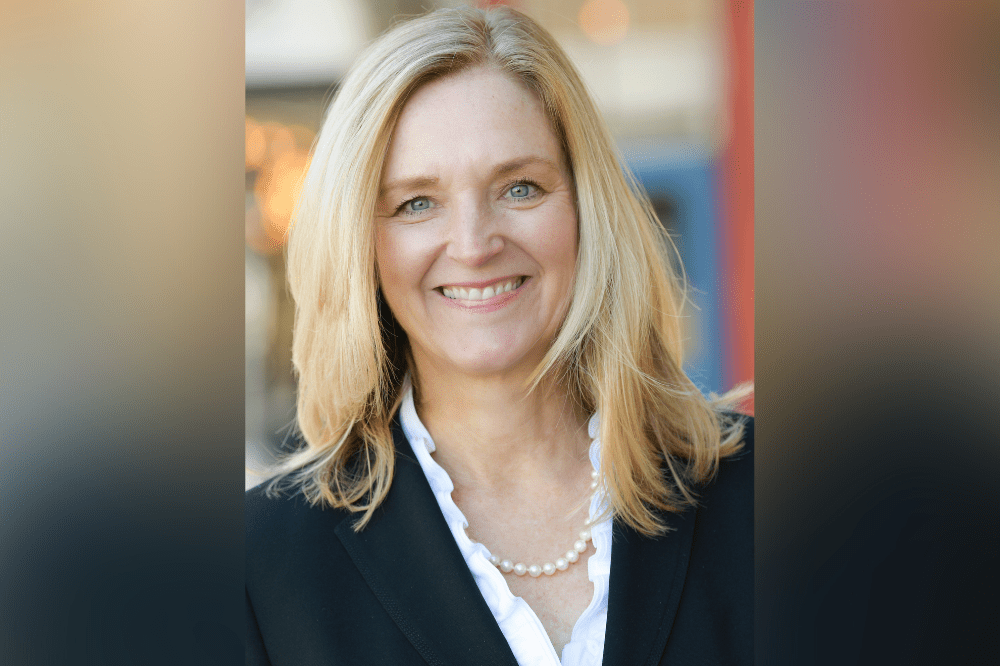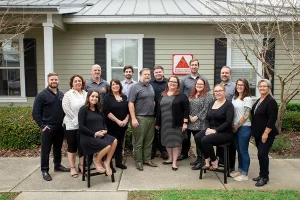What skills do you need to succeed in insurance?

Register now: Join the Women in Insurance summit in Atlanta
“I started in the insurance industry in the late 80s in New York City,” said Fine, who was born and raised in Atlanta. “I left the first time to become a mom and to raise my kids, then re-entered the industry in 2004, basically restarting my career over.
“I left again in 2017 to pursue an entrepreneurial opportunity, flipping houses for about four years. But the market changed, so I came back to the insurance industry.”
Fine, now senior director of casualty underwriting & healthcare risk solutions at Markel Specialty, said she’s able to leverage negotiation, conflict management, and communication skills she picked up during her career breaks in her current role.
The insurance executive is set to share her experiences with fellow insurance leaders as a panel speaker at the Women in Insurance Atlanta summit in March.
“When I was a single mom raising three kids, negotiation was a constant. And if you’ve raised teenagers, you know there’s a lot of conflict,” Fine told Insurance Business. “So, a key skill I learned was getting comfortable with conflict, learning to manage uncomfortable feelings, and come out the other side with a win-win situation for yourself and others.”
As an entrepreneur, Fine also honed her sales and negotiation tactics, skills she now considers vital in the “relationship business” that is insurance. “Because we’re in such a dynamic market, you’re constantly involved in a negotiation or a sales type of role, both internally and externally,” she explained.
How can women upgrade their skills in the insurance workplace?
“Hard” skills are still a key of any successful insurance career, Fine noted. But women can continuously upgrade their technical abilities by taking classes and remaining open to learning opportunities.
Mentorship is also key to skills development – and something Fine is passionate about. She said women shouldn’t be afraid to seek out professional relationships to help them grow and advance their careers.
“I want to see young women have opportunities in this business,” Fine said. “I think women should just put themselves out there and be approachable if they want to be a mentor. And if you’re looking for someone to be your mentor, then you just need to basically ask them.”
Research has shown the tangible impact of meaningful mentorship for both sides of the relationship. One study by Sun Microsystems tracked the career progress of around 1,000 employees over a five-year period and found that both mentors and mentees were 20% more likely to receive a raise than their cohorts who didn’t participate in mentorship programs. Individuals who benefited from a mentor were also promoted five times more than those who didn’t, while mentors were six times more likely to be promoted.
Women mentoring women is a key component, but good mentorship crosses gender, race and class boundaries. “I don’t think you necessarily have to find a woman to be your mentor,” Fine added. “I’ve had great male mentors in my career who have been helpful to me. Mentors can also be someone from a different generation and race.”
Finally, if women had to learn just one skill to help them get ahead in their insurance careers, Fine said it should be handling conflict.
“What has helped me when I returned to insurance after I left to become a mom and an entrepreneur was getting comfortable being uncomfortable,” the executive shared. “Honestly, I think women struggle with conflict conversations. But there’s health conflict you can use to advocate for yourself and push your career forward.”
Join us for a day of celebrating the achievements and resilience of women in insurance at the Women in Insurance Atlanta summit. The live event will be held at the Sheraton Atlanta Hotel on March 2, 2023.





